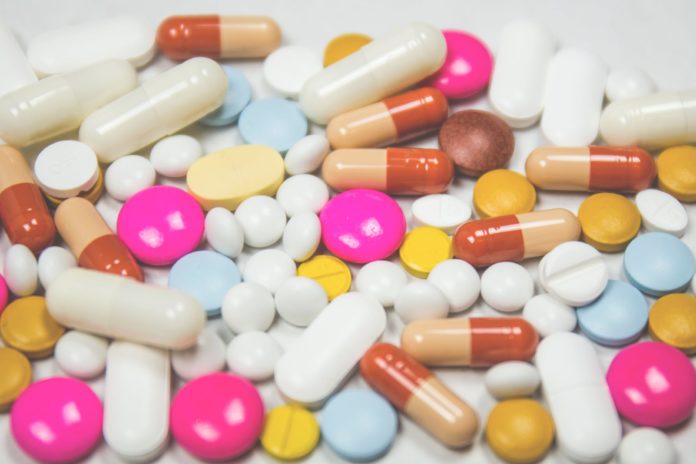As someone diagnosed with depression, I feel qualified to question not only whether medication is the best way to treat this condition, but also whether the condition is always diagnosed correctly.
I’ve been on medication for a couple of years now and I don’t feel that much better for it. Of the several anti-depressants I’ve tried, one helps a lot, but not a great deal. I’m currently on a strong cocktail of anti-psychotics, anti-depressants and sleeping tablets – and the only drug that is actually having any real effect on me is the sleeping tablet!
What has helped me the most so far is the small amount of therapy I have received, and my even doctor agrees that the best thing for me would be to get off the tablets and have some intensive therapy.
This leads me to wonder whether doctors are too willing to prescribe pills. I believe they are and I’m not the only one. Even the NHS website gives space to findings that argue that a combination of inadequate diagnostic tools, and pressure from drug companies, might be leading to over-diagnosis and therefore over-prescription.
Pills might be the wrong decision for one of two reasons. Either the emotional scarring goes too deep to be cured by a happy pill, or the patient might not be depressed at all. They might just going through a rough patch like most people do.
A collection of studies quoted in Current Psychiatry in 2012 found that between 26% and 45% of patients referred for depression did not meet the diagnostic criteria for a depressive illness. In addition to this, a study of 50,000 patients published in The Lancet in 2009 found that GPs only correctly diagnosed depression in 47.3% of cases, with more than half of patients being diagnosed with depression when they did not suffer from it. Misdiagnosis of mental health can set sufferers back and ultimately slow down the appropriate treatment.
It’s clear from evidence that doctors aren’t doing enough to accurately diagnose depression, and this might have something to do with the current diagnostic criteria which simply requires doctors to ask patients a set of general questions that, in my opinion, could apply to many people who are not depressed. Also, if more cash was channelled into the NHS to tackle waiting lists, maybe doctors would not feel under so much pressure and would therefore be more likely to make the correct diagnosis.
I have recoded some of my thoughts on this topic below:

